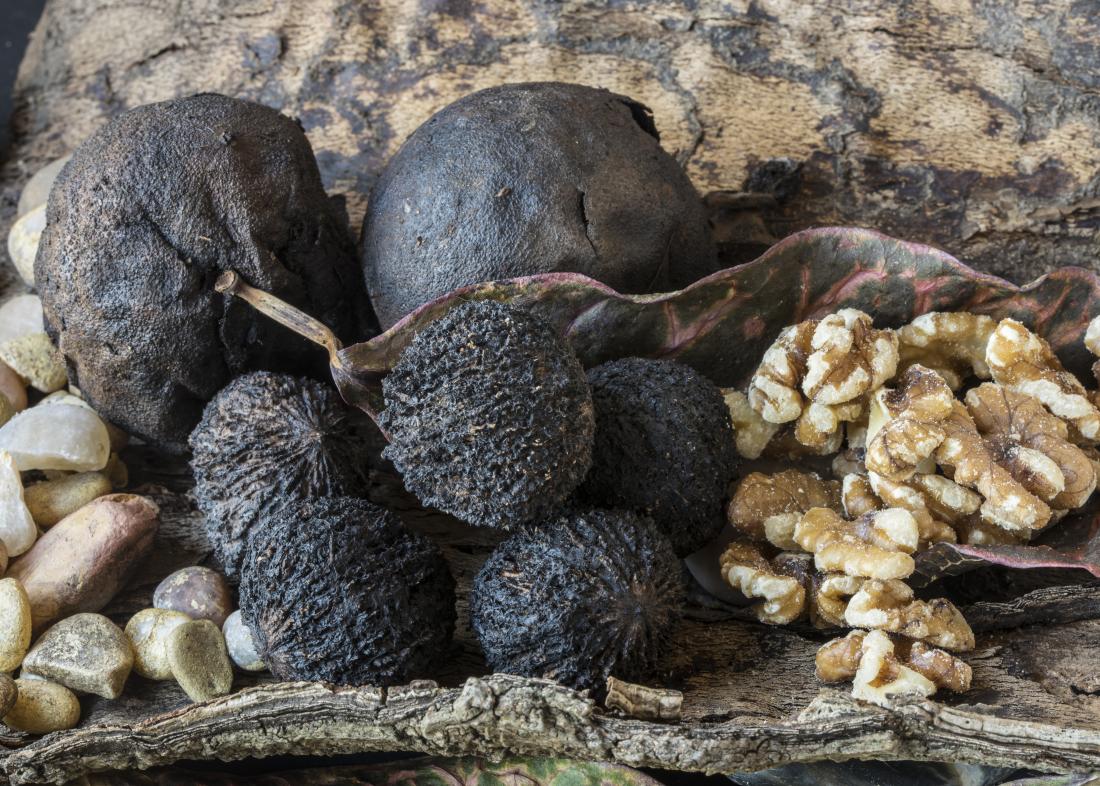Although weight-loss diets traditionally suggest avoiding foods with too much fat, there are good and bad types of fat. Nearly all modern dietary guides encourage eating moderate amounts of good fat, both for weight loss and general health. Researchers generally consider CLA a healthful fat.
The main dietary sources of CLA are dairy products and beef. People believe that this particular fatty acid has a range of health benefits. However, while CLA seems to be safe, researchers disagree about its benefits for health.
In this article, we take a close look at the uses, benefits, and risks of CLA in the diet and in supplements.
What is conjugated linoleic acid?

A person can include CLA in their diet or take supplements.
CLAs are a family of fatty acids originating in animal products, including meat and dairy. CLAs contain omega-6 fatty acids. They are polyunsaturated fat, which the American Heart Association (AHA) say can have beneficial effects on the heart.
CLAs are also technically trans fats, which, in most cases, are unhealthful fats. However, CLA is a natural form of trans fat and does not seem to have the same negative health effects as artificially produced, industrial trans fats. The AHA has linked artificial trans fats to a higher risk of heart disease.
While there is a large amount of evidence to show that industrial trans fats are harmful, the research on natural trans fats and their effects is limited and inconclusive.
Possible health benefits
Many people use CLA supplements, believing that they have benefits for weight loss and heart health. The evidence is mixed, however, and many of the studies involve animals instead of humans. Consequently, the research is not yet clear about the exact health benefits of CLA.
The following sections discuss the possible benefits of CLA and what the current research suggests.
Weight loss
According to the Office of Dietary Supplements (ODS), “CLA may help you lose a very small amount of weight and body fat.“
A 2015 review paper states that CLA plays a major role in breaking down fats in the body. This may be why people believe CLA can help with weight loss.
While many studies have shown substantial weight loss in animals, a 2015 review study says that these results do not necessarily apply to humans.
Several studies show that CLA promotes slight weight loss when researchers compare it with placebo groups. However, these examples say that the evidence is inconsistent across the studies.
Bodybuilding
There are no studies looking at the effects of CLA on bodybuilding specifically. A 2015 review of available research suggests that the benefits of taking CLA supplements alongside exercising vary.
The researchers, however, do include several studies that showed CLA supplements could reduce body fat and improve lean body mass, which is the ratio of fat to body weight.
In one study, participants who took 1.8 mg of CLA for 12 weeks and went to the gym for 90 minutes three times per week reduced their body fat but not their body weight when the researchers compared them with a placebo group. The authors said that CLA might reduce fat deposition.
Weight loss but with fewer benefits?
Recent studies have questioned whether CLA-induced weight loss has the same benefits as traditional methods of weight loss, the latter being calorie restriction and exercise.
One 2017 study compared two groups of obese mice with characteristics of human metabolic syndrome. To test weight loss, the researchers gave the first group of animals CLA supplements while putting the second group on a calorie-restriction diet.
The scientists studied the physical changes between the two groups. Both groups lost equal amounts of weight, though they had different physical changes:
- The mice that took CLA supplements lost subcutaneous fat, which is a protective, healthy form of fat, without losing harmful visceral fat.
- The calorie restriction group improved markers of diabetes, such as reduced fasting blood glucose levels, while the CLA group did not. This makes sense as visceral fat is a major contributor to insulin resistance.
The study concluded that calorie restriction was a healthier form of weight loss than taking CLA supplements.
Heart health
Atherosclerosis, or hardening of the arteries, is when plaque builds up in the arteries. This is a risk factor for heart disease.
One 2018 study on obese mice suggested that taking CLA supplements could protect against atherosclerosis.
However, researchers need to do further studies before they know the true effects of CLA on atherosclerosis in humans.
Sources
People can get CLA from their diet by eating foods naturally rich in CLA or by taking CLA supplements.
Meat and dairy

Consuming CLA-rich butter is a way of benefiting from the fatty acid.
Animal products from ruminants, such as cows, goats, sheep, and deer contain CLA. These products include meat, milk, and cheese.
The amount of CLA in animal products depends on farming techniques. Products from grass-fed animals contain more CLA than those from grain-fed animals.
Over recent decades, numerous studies have shown that grass-based diets improve fatty acid ratios, specifically increasing CLA and omega-3 content, and also increase the healthful antioxidant content in beef.
Feeding animals plant sources of linoleic acid, such as sunflower, soybean or linseed oil, can also increase the amount of CLA in their milk fat.
A popular method of consuming CLA-rich butter is bulletproof coffee, which combines coffee, oil, and butter.
CLA supplements
The type of CLA in supplements is different from natural forms from animal products. To make supplements, manufacturers create CLA by chemically altering plant sources of linoleic acid.
Several studies recommend getting CLA from natural sources instead of supplements.
Dosage
There are no established guidelines, but past studies show effects from at least 3 g a day. Studies on fat loss used between 3.4 g and 6.8 g a day.
The ODS say CLA seems to be safe when people take up to 6 g per day for a year. Beyond this, studies so far are inconclusive about how much CLA people may consume.
Dramatic results seen in animal studies required mice to consume large amounts of CLA for effects. Also, there are few studies into long-term CLA supplementation.
Risks and side effects
The ODS report that CLA may cause side effects, such as:
Some studies suggest an association between the dosages people must consume to promote weight loss and negative effects, such as systemic inflammation and insulin resistance. One study also suggests that CLA may worsen fatty liver disease.
As a result of these concerns, more research must be done into the possible side effects of CLA in humans.
Summary
CLA is present in food products from ruminants, including cows, goats, and sheep. Products from grass-fed animals contain more CLA than products from grain-fed animals.
Official sources state that CLA seems to be safe, though people may experience mild side effects, such as digestive issues.
While studies show potential for the use of CLA in losing weight and increasing lean body mass, more comprehensive studies are necessary.






